Growth Through Failure – Little Forest in Mindanao Chronicles of JTS Philippines’ Efforts for Self-Sufficiency
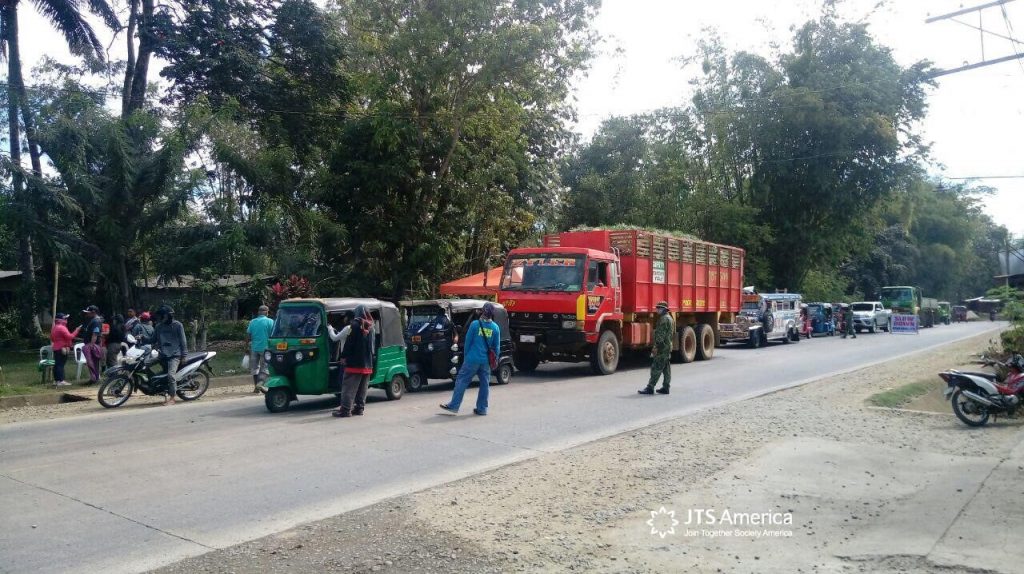
Due to the rapid increase of COVID-19 infections in the Philippines, community lockdowns are being enforced across the nation, including the capital city of Manila. There are frequent checkpoints on the road, where public officials measure the temperature of the vehicle passengers and check for valid identification. In order to get through the checkpoints at each barangay (the smallest administrative division in the Philippines), everyone must wear a mask and present a quarantine pass with one’s address and destination.
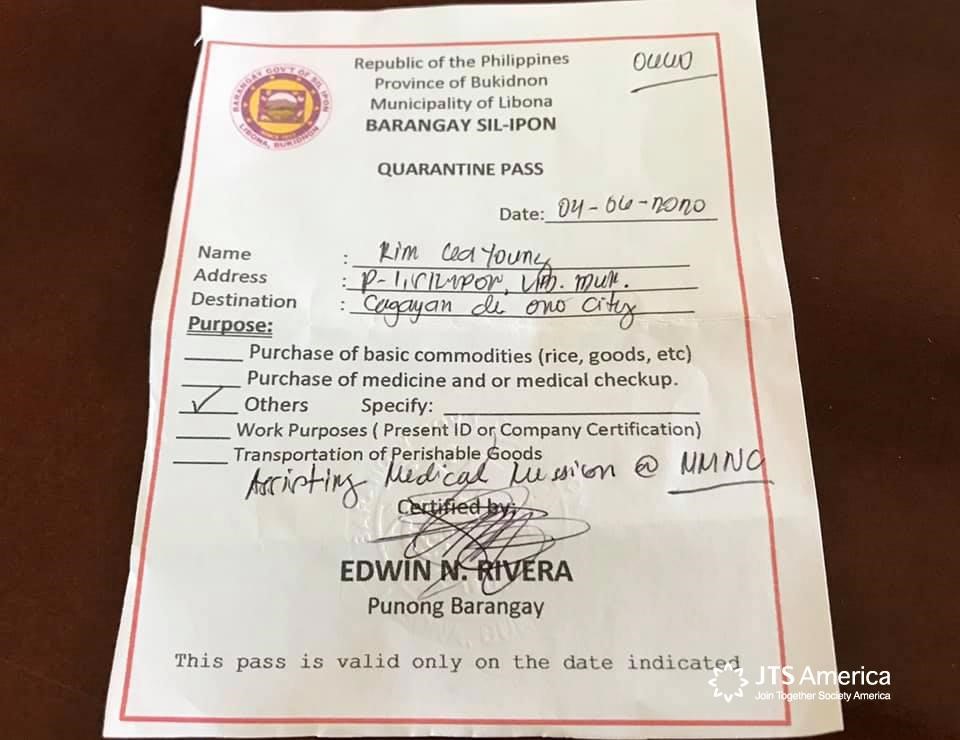
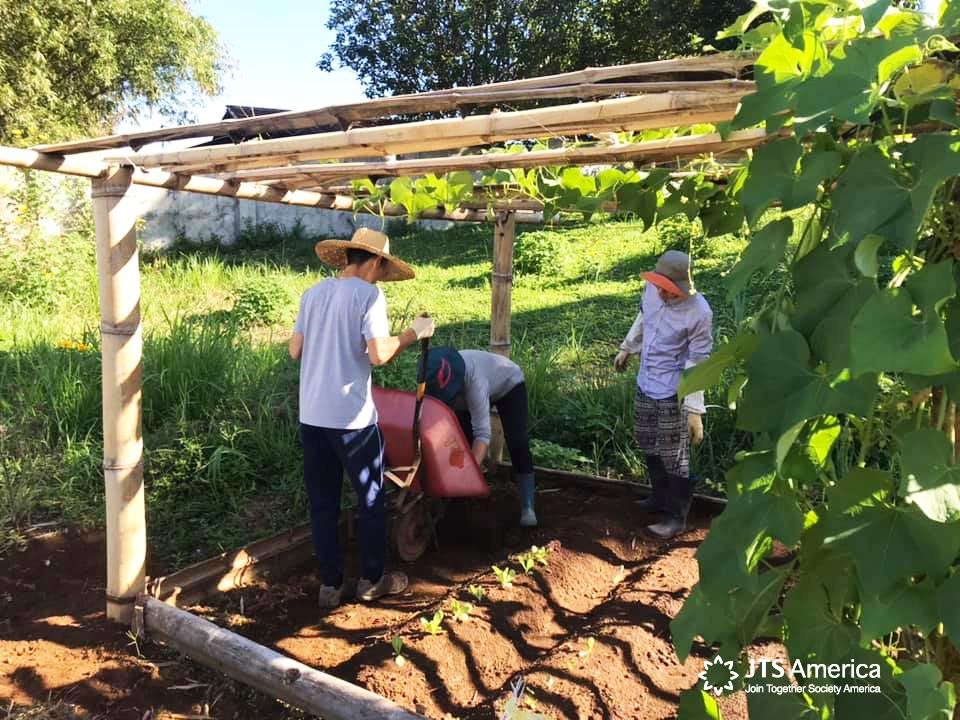
Since it is no longer possible to obtain building materials due to the community lockdowns, JTS Philippines is unable to carry out school construction projects. JTS volunteers participating in these projects who had been busy with frequent traveling will be required to remain at the JTS Center for an extended period of time. They will take this opportunity to carry out maintenance and farm work at the center.
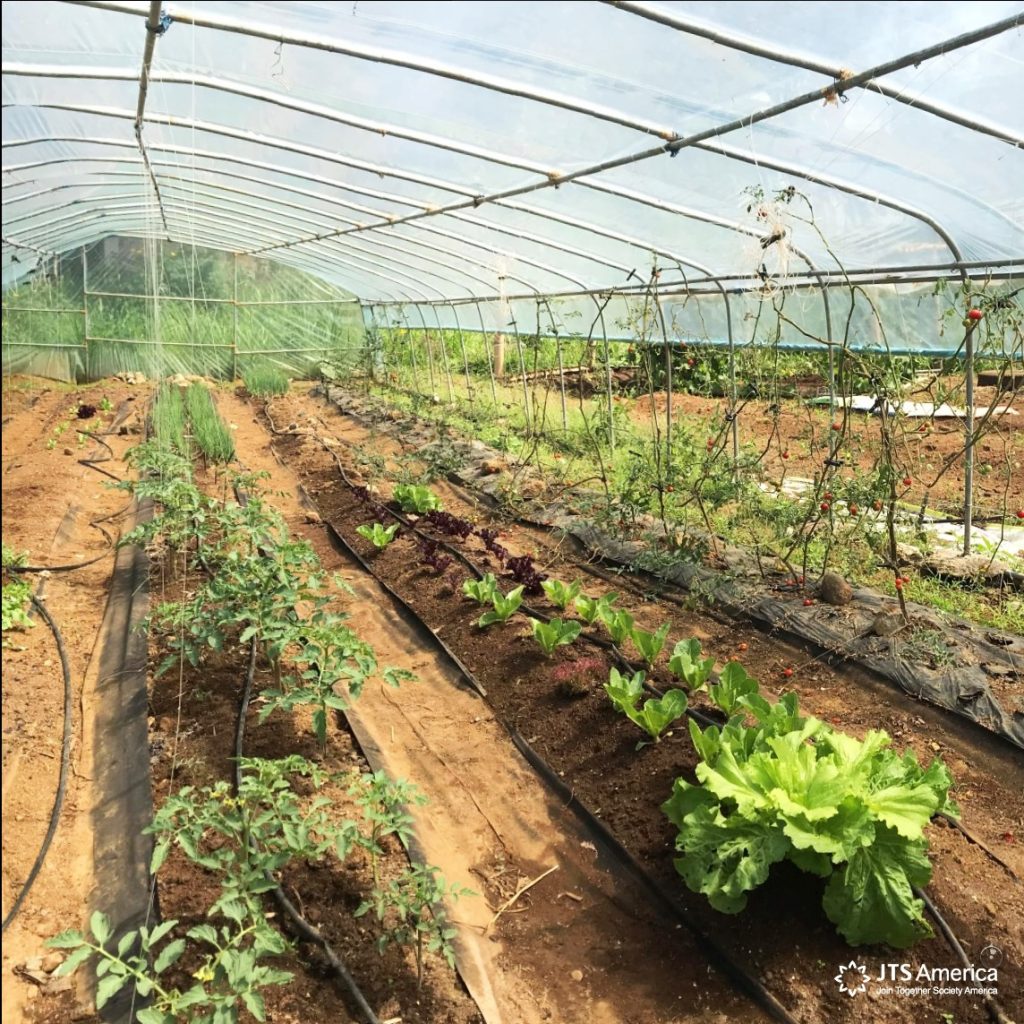
The greenhouse and the outdoor field was named Little Forest. Although they still have a long way to go, the volunteers are experimenting with ways to grow enough produce to become fully self-sufficient.
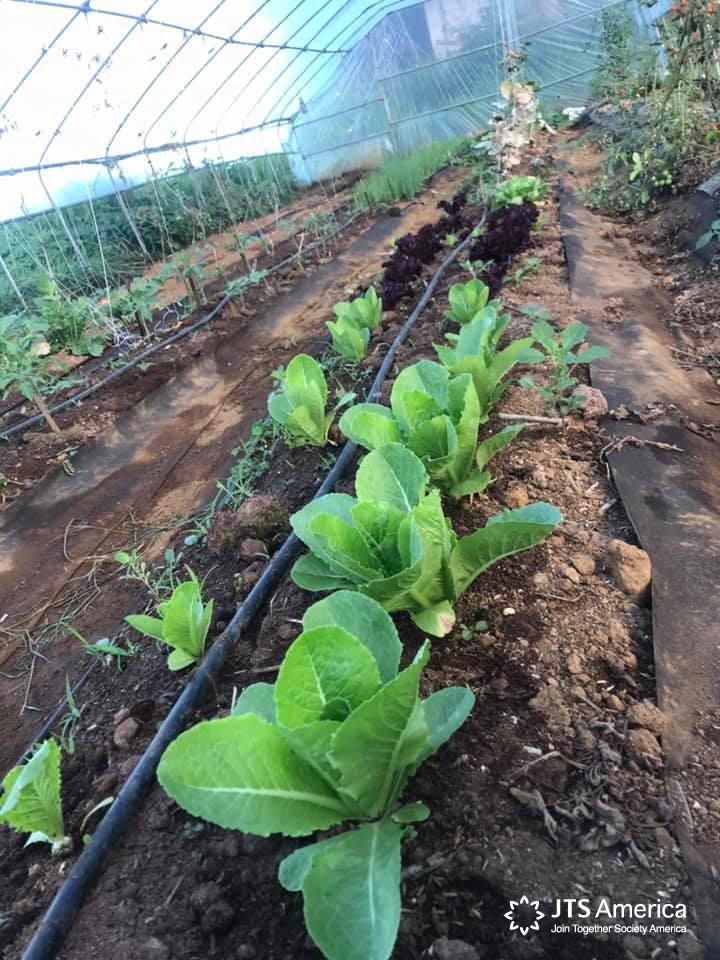
A total of about 20 different varieties of crops grow in the Little Forest. Peppers, cherry tomatoes, lettuce, and spring onions were planted in the greenhouse, while sweet corn, ipomoea, chives, and other produce were planted in the field.
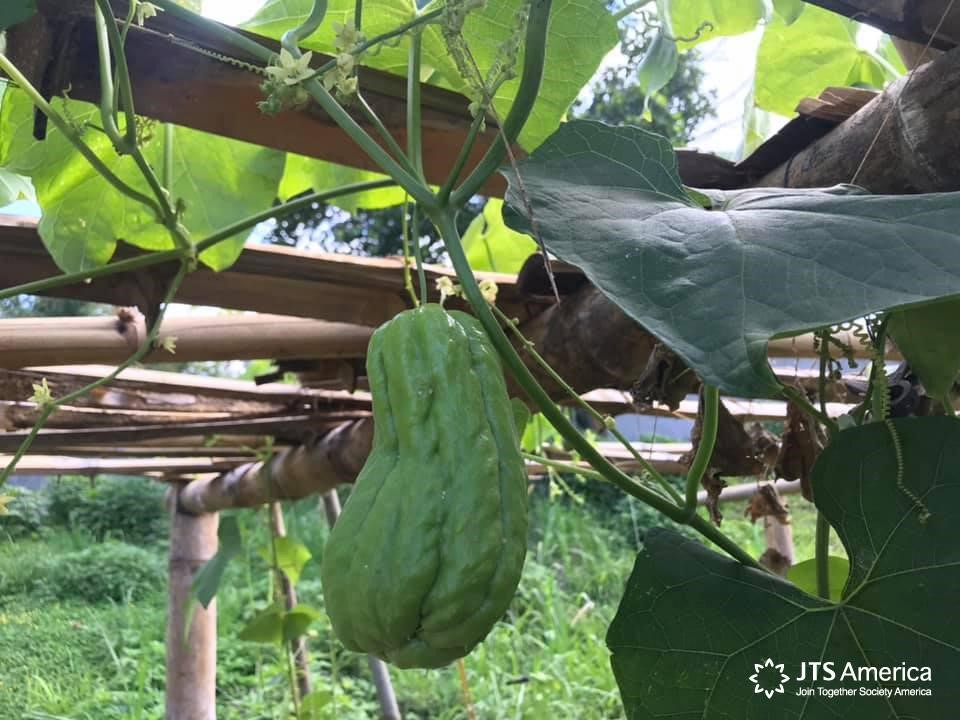
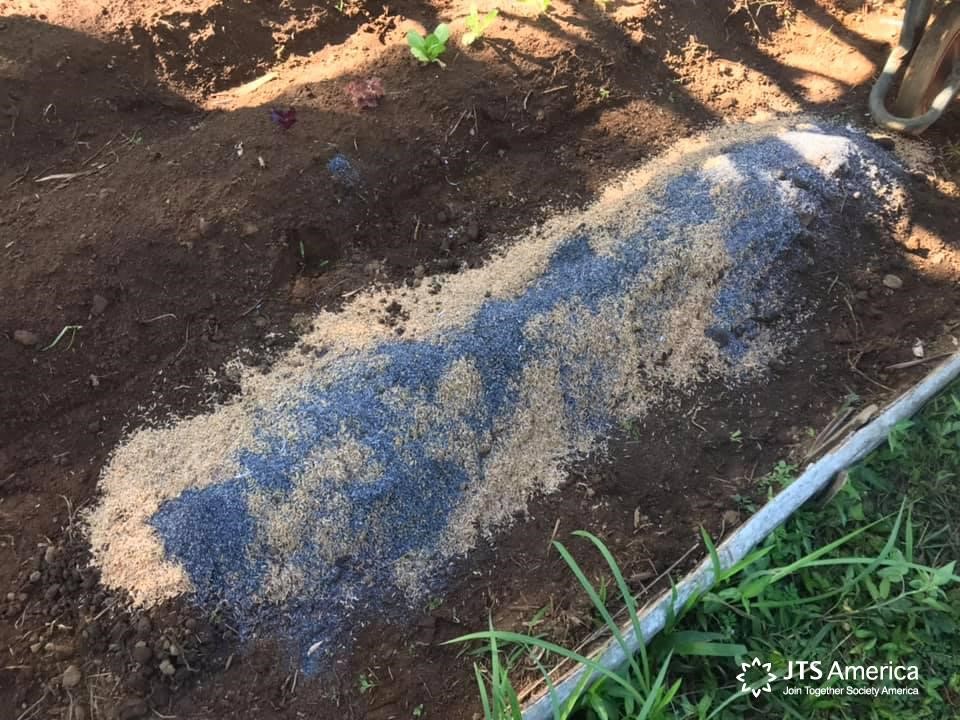
Last week, the volunteers planted 13 different types of seedlings including basil and, celery on empty patches in the field. Strangely enough, the seeds did not sprout even after several days. Upon closer inspection, the volunteers discovered that the seedlings were raided by a colony of ants and were all hollow.
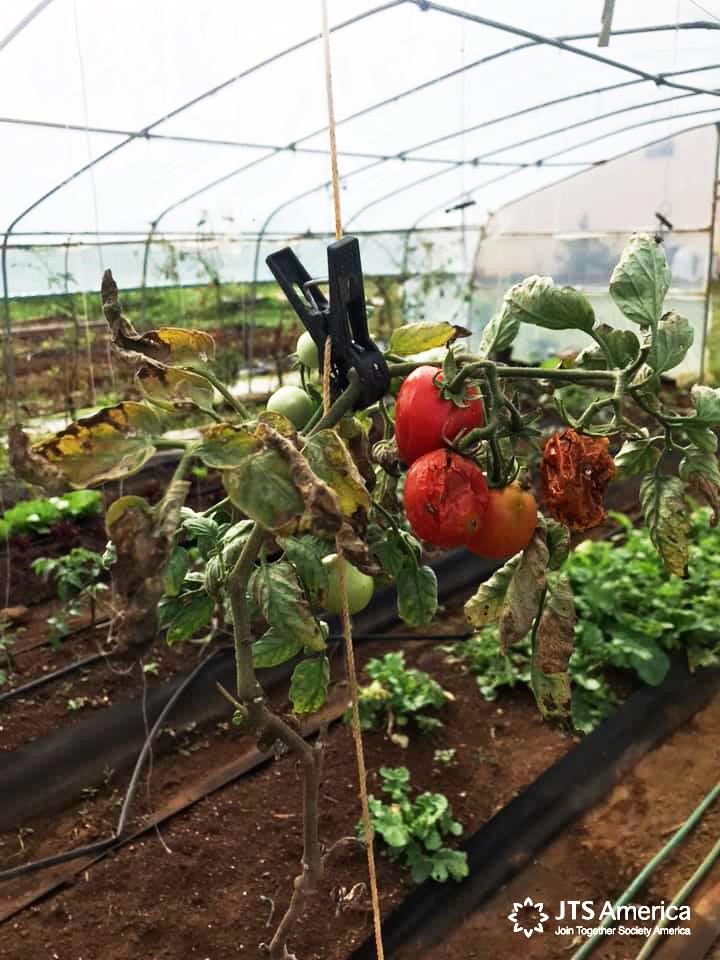
When crops die like this, there are people who suggest that the JTS volunteers should stop farming. They say that the passion and effort of the novice farmers are admirable, but the poor yield in return for so much time and effort is very inefficient from a capitalist standpoint.
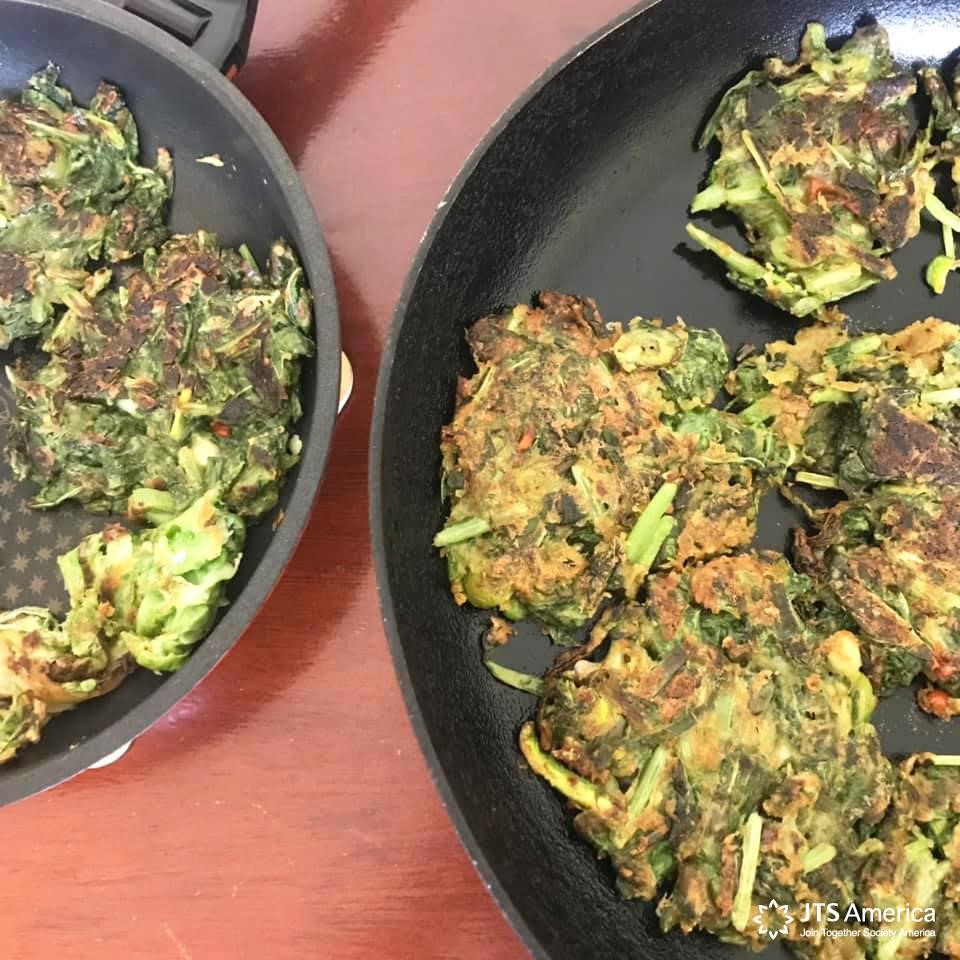
However, whether the crops died from pests or lack of nutrition, the failures became the fertilizer for growth and learning for the JTS volunteers. As a result, they are able to enjoy chive pancakes and vegetable wraps made with freshly harvested lettuce and sesame leaves.
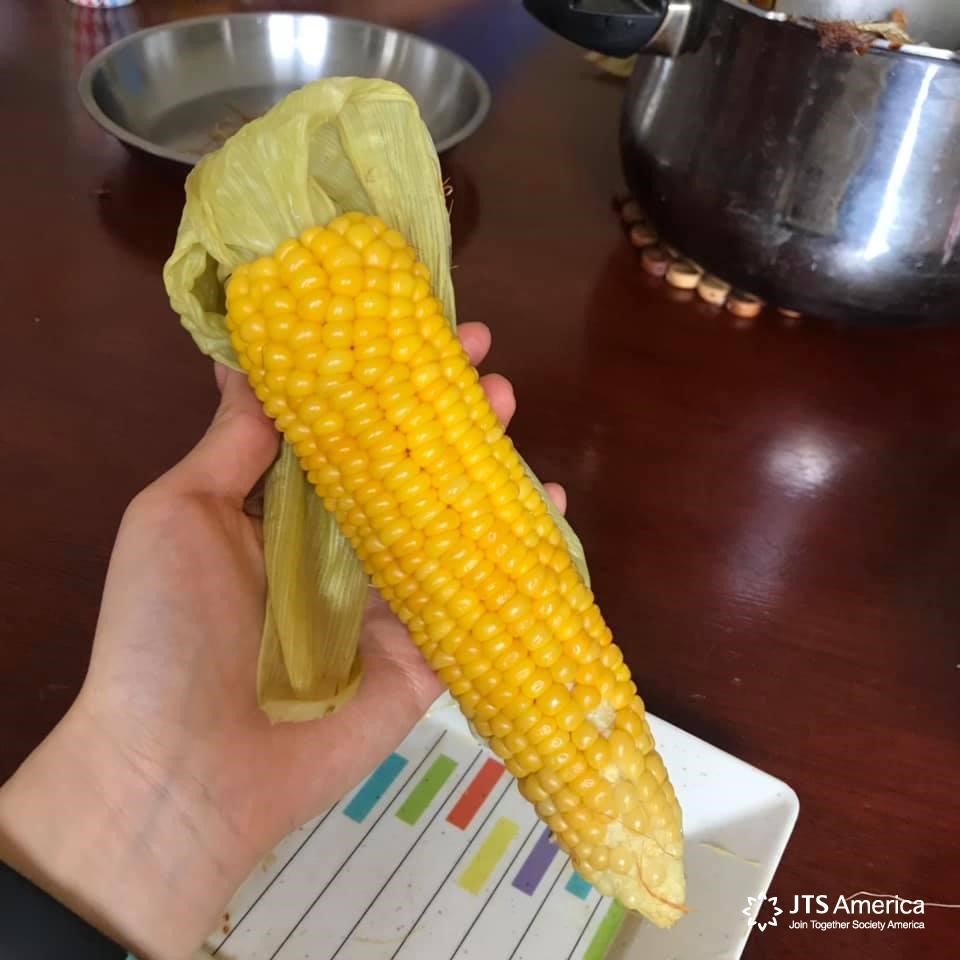
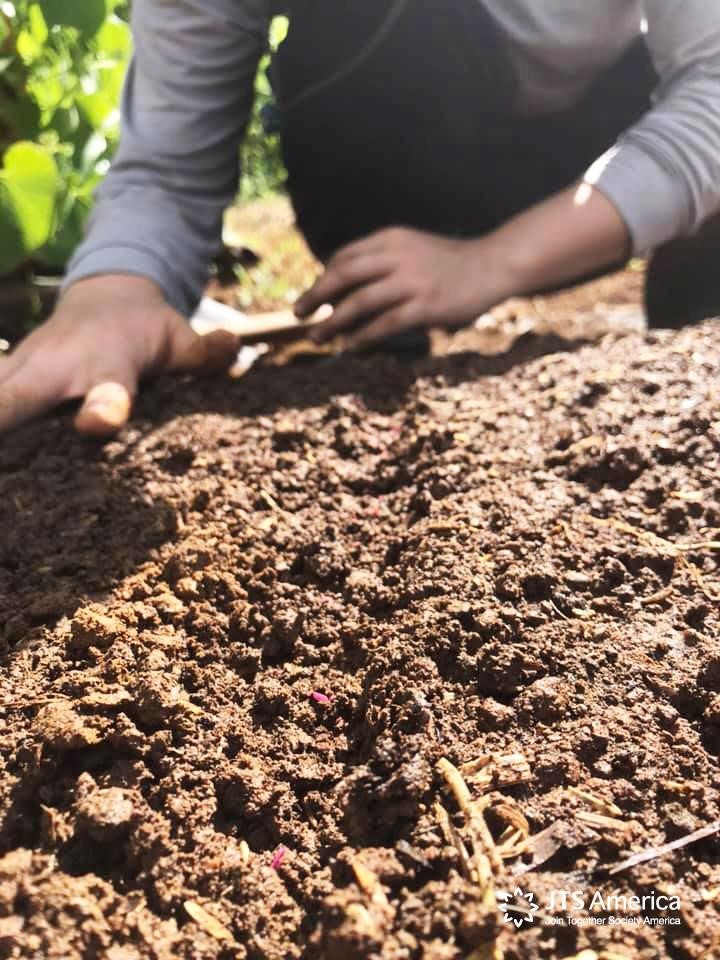
Working on the farm, JTS volunteers learn how to live in harmony with nature and realize that the effort of a countless number of people goes into putting food on people’s tables. Just as the seedlings grow and eventually sprout, at Little Forest, the seed of JTS vision for a self-sufficient living continues to grow.


